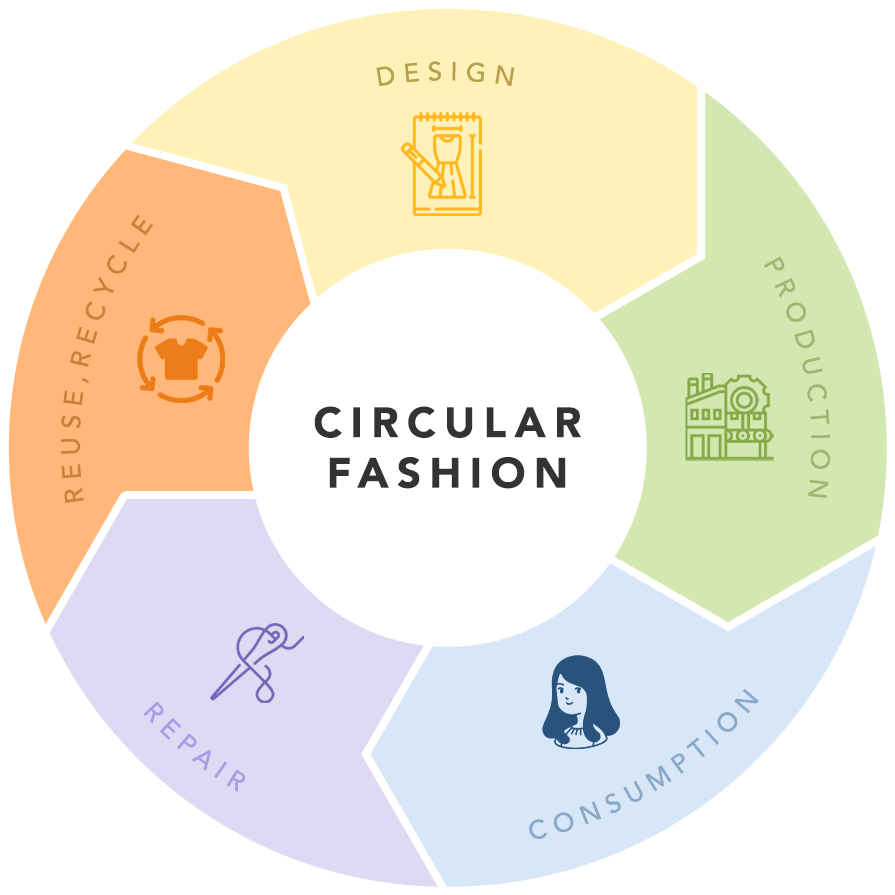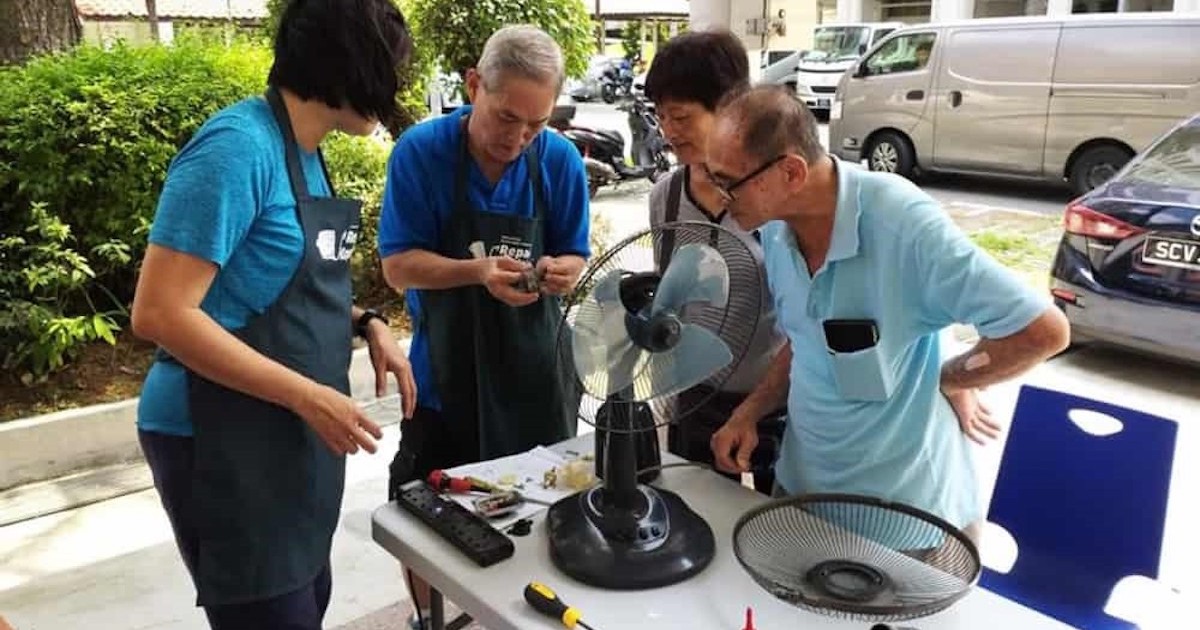Sustainability, recycling, carbon neutral, and eco-friendly have become such huge buzzwords in recent years.
In particular, a survey by YouGov revealed that 56 per cent of Singaporeans believe that businesses have a responsibility to prevent environmental damage.
This probably explains why more businesses in Singapore have begun to claim that they are sustainable and eco-friendly, and the public has in turn, increasingly scrutinised these businesses.
Awareness campaigns, questions about Environmental and Social Governance (ESG), and many other sustainability practices are increasingly gaining popularity and becoming commonplace.
All these efforts, in fact, are resulting in a change in the local economy — away from the pollutive models of the linear economy, and towards the sustainable model of the circular economy.
What exactly is the circular economy?
The circular economy is an ideal of how economies can, and should be run.
Instead of having waste from production and consumption discarded and to play no further use in the economy, production processes and products are instead designed so that waste and emissions are minimised, products are recycled and reused, and waste from one process is used to fuel another.
Waste is therefore minimised, and sustainability becomes common practice, baked into the design of the economy itself.
A model circular economy would have minimal waste and pollution, rely on renewable energy and materials, as well as the intensive use and reuse of products, to achieve these goals.
Circular economy in action: reusing products

Many businesses in Singapore can be said to be part of the circular economy. Carousell’s recent acquisition of REFASH is a prominent example that sees the merger of two such companies.
Carousell’s main focus is on having users sell their unwanted or unused goods online, encouraging them to make money off it instead of disposing these items.
REFASH has a similar business model. Rather than having individuals sell their clothes online, REFASH helps sellers to sell their unwanted clothes. Sellers are then paid a small fee after the sale has been made.
Essentially, clothes are reused by different consumers, prolonging the lifespan of individual pieces of clothing.

This is in contrast to fast fashion, which is part of the linear economy. The fashion industry worldwide produces 10 per cent of humanity’s carbon emissions, and many pieces of clothing are not reworn.
These business models focus on reusing products — after all, one man’s trash could very well be another man’s treasure.
Reducing emissions: cleaner inputs, intensifying use
The government is also moving Singapore towards a circular economy, with the Singapore Green Plan 2030. In response, the Land Transport Authority has begun to push for greater adoption of electric vehicles (EVs), and plans to phase out Internal Combustion Engine (ICE) vehicles by 2040.

There are also new initiatives to build “EV-ready towns” and install EV charging stations in HDB carparks to prepare for this transition towards EVs.
Businesses in Singapore are also helping the transition, with CRX Carbonbank launching a new carbon trading scheme for EVs.
SMRT has also begun transitioning its ICE vehicles to EVs, both for its taxi fleet and its bus fleet. These vehicles rely on electricity generated mostly from natural gas, rather than the more pollutive crude oil petroleum.

EV car sharing services such as TribeCar and BlueSG are also operating in Singapore, allowing multiple drivers to use the same car. These car sharing services have seen a spike in revenue and usership over the past few years, partly fuelled by the Covid-19 pandemic.
These activities and business models encourage more intensive use of the same vehicles, reducing the need for raw materials to produce vehicles.
Pushing businesses and governments to do more
Singapore has also seen a rise in social pressure for businesses to pay more attention to the environmental effects of their businesses as well. Civil society groups have sprung up to encourage awareness of the environmental impact of businesses and industrial production.
Activists are also getting younger, with even students taking it upon themselves to encourage eco-friendly practices.
Awareness pages like CASE Climate Change Mentoring also seek to raise awareness and provide climate education among youths.

In fact, the pressure for companies to have sustainable and eco-friendly practices has even spawned the term ‘green-washing’, which refers to when companies actively market their products and policies as environmentally friendly, even when they are nothing of the sort.
The government has taken notice of the practice, and aims to curb it via stress tests and technology.
While ‘greenwashed’ policies are not necessarily part of the circular economy, they are a testament to the strength of the eco-friendly sentiment in Singapore. Even when companies are unable to find ways to make their practices sustainable, they still hope to convince the public otherwise.
Awareness of the need for environmentally-friendly practices has also reached investors, who are increasingly demanding that companies exercise corporate social responsibility (CSR), with increasingly robust and detailed frameworks being set up for companies to declare the extent that their policies are environmentally friendly.
CSR, socially responsible investing and ESG have all become part of the national conversation, with the Taskforce on Nature Related Financial Disclosures taking the next step in demanding that sustainability should be more than just measuring and reducing carbon emissions.
Sustainability and eco-friendly practices are becoming the norm in Singapore, and the rise of the circular economy in Singapore has, almost without notice, slowly become the model on which we base future economic and social development.
These policies affect the lives of many Singaporeans — housing development regulations are changing, vehicle owners are increasingly incentivised to buy EVs, social enterprises are springing up, and the sustainability industry is growing. Businesses and consumers are increasingly driven towards choosing more eco-friendly options.
As these policies continue to be pushed out, the circular economy has slowly replaced the linear economy that many of us have grown accustomed to. Businesses and consumers who have yet to adapt, especially businesses that rely on greenwashing, would do well to adapt to this new reality.
Featured Image Credit: Centre for Liveable Cities








